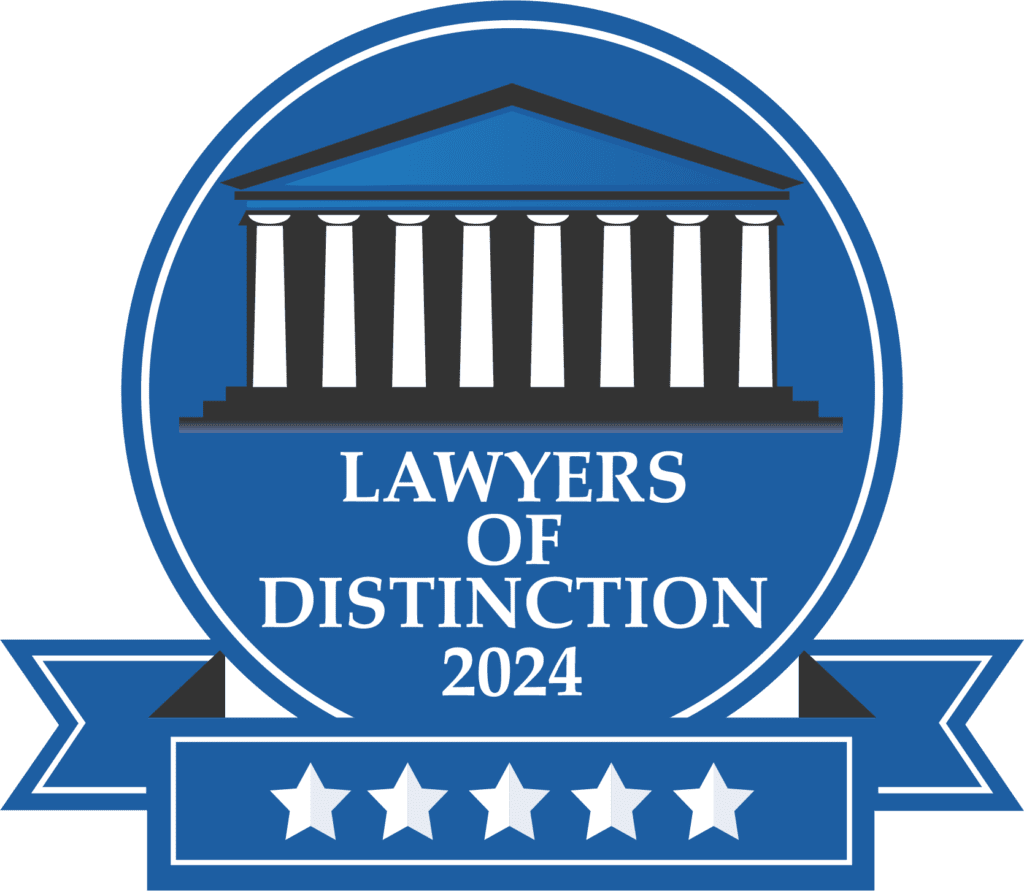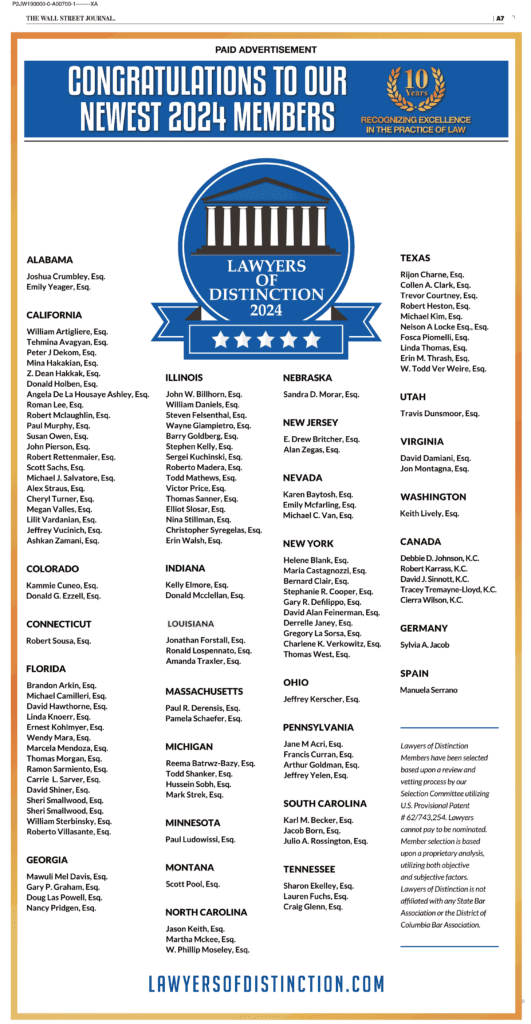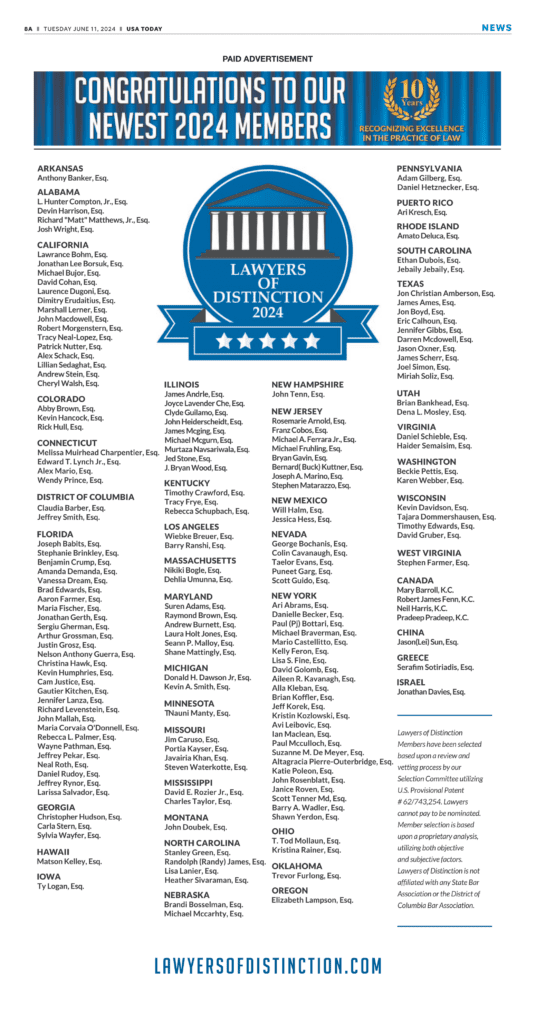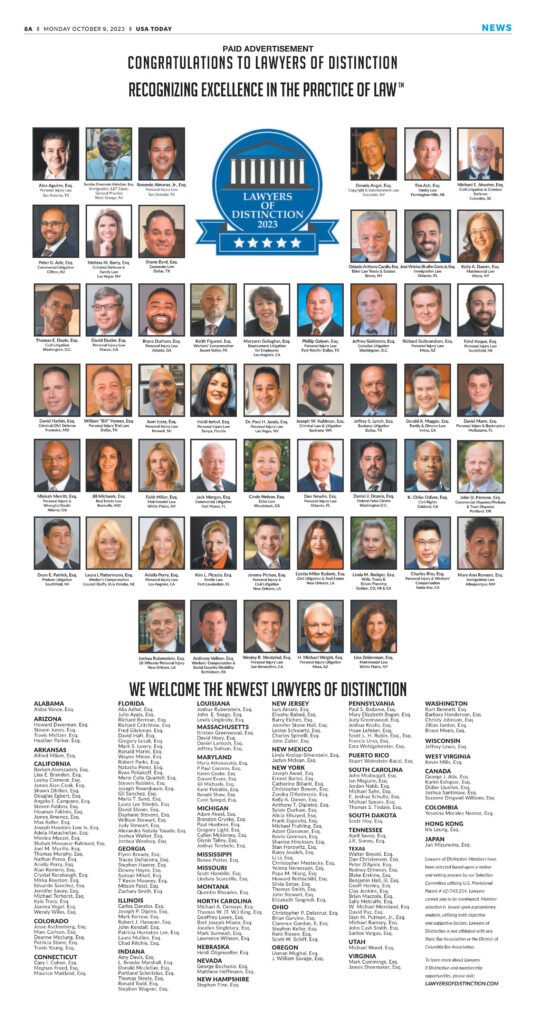There is a new study that suggests by the year 2030, robots made with artificial intelligence (AI) are expected to replace over 300 millions workers worldwide. Could any of those 300 million jobs include lawyers? That is a critical question that has lawyers across the world worrying that they could lose their jobs and be replaced by a robot.
In a recent study conducted by LawGeex in conjunction with law professors from Duke Stanford, and USC (University of Southern California), twenty lawyers from across the country competed against a robot made with AI. The robot was trained to evaluate legal business contracts and spot issues by studying past contracts with similar issues.
The study consisted of twenty lawyers and a robot reviewing five non-disclosure agreements (NDAs) and identifying thirty legal issues including: confidentiality, mandatory arbitration, and indemnification. The lawyers and robot were given up to four hours to read and spot issues within the contracts. At the completion of the study, the results showed the robot clearly won the competition, as it achieved 94 percent accuracy, while human lawyers achieved 85 percent accuracy. Further, the robot was able to complete the study in 26 minutes, compared to the average human lawyer time, which was 92 minutes.
While these stats seem to suggest that robots with AI are far more efficient than humans and will eventually replace all lawyers, others look at this study in a positive light to help human lawyers become even better and more efficient at what they do. One of the lawyers that was in the study, Grant Gulovsen, thinks that having robots with AI will help lawyers expedite their work and allow them to focus on work that still requires a human brain.
Lawyers can embrace these robots built with AI and view them similar to a very highly trained paralegal. They can give these robots the documents to review first, which can allow the lawyer more free time to complete other tasks such as dealing with clients and going to court.
So, instead of lawyers fearing for their jobs and livelihood, maybe they should look at this in a positive light to allow us to become the best and most efficient lawyers we can be (with some AI help, of course).




